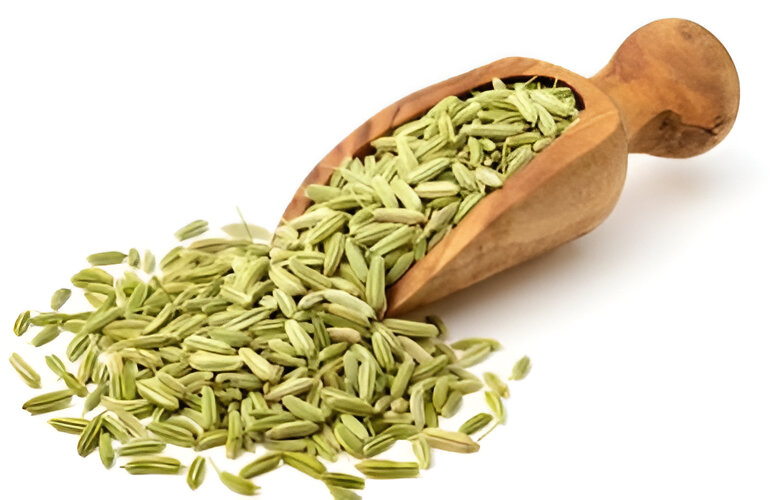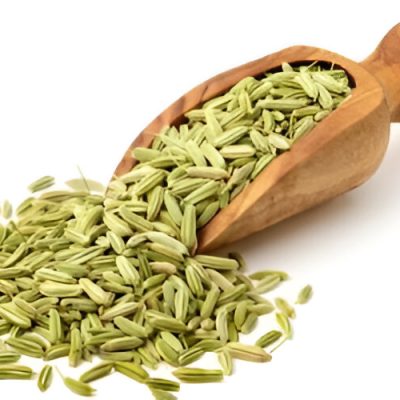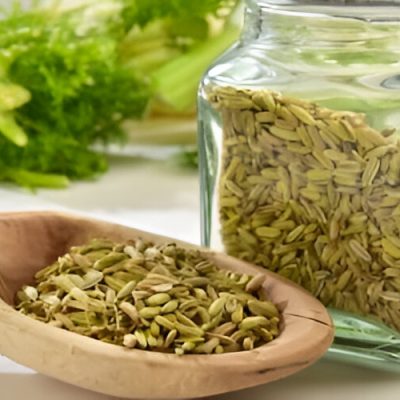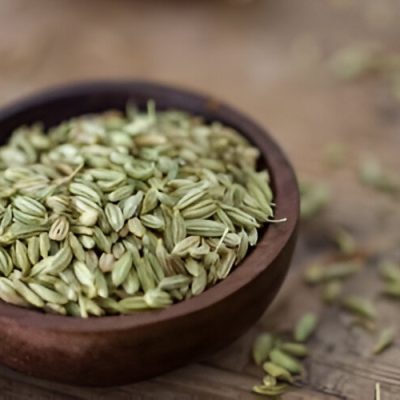Our Exclusive Items
Fennel




Fennel seeds are the dried seeds of the Foeniculum vulgare plant, a member of the carrot family. These seeds are known for their strong, sweet, licorice-like flavor and are used in a variety of dishes, especially in Mexican and Asian cuisine. Fennel seeds are also known for their health benefits, as they are rich in antioxidants, have anti-inflammatory properties, and can aid in digestion.
Patel Trading Co LLC is a prestigious trading company specializing in the business of fennel seeds. Since our establishment in 2011, we have been committed to providing our customers with top-quality fennel seeds. Our fennel seeds are sourced from some of the world’s leading fennel seed-producing countries.
Our dedication to quality and customer satisfaction has positioned us as a trusted partner for businesses in need of fennel seeds. Our deep understanding of the fennel seed market allows us to offer competitive prices and ensure a consistent supply of this essential spice.
At Patel Trading Co LLC, we believe in fostering long-term relationships with our suppliers and customers, built on mutual trust and respect. We are proud of our track record in the fennel seed trading industry and look forward to continuing to serve our customers with the same dedication and integrity.
Please let me know if you need any more information or assistance with anything else! user write a breif details about sesame seeds and we as PATEL TRADING CO LLC doing this business of import and export since 2011 with importing from different largest producer countries,
Fennel is a flavorful and aromatic herb commonly used in cuisines around the world. Both its seeds and bulbs are edible and offer a variety of health benefits. Here’s a breakdown:
Health Benefits:
Digestive Aid: Fennel is well-known for its digestive properties. It contains compounds like anethole, which can help relax the digestive tract and alleviate symptoms of indigestion, bloating, gas, and constipation.
Antioxidant Properties: Fennel is rich in antioxidants such as flavonoids, phenolic compounds, and vitamin C. These antioxidants help neutralize harmful free radicals, reducing oxidative stress and lowering the risk of chronic diseases.
Anti-inflammatory Effects: Some studies suggest that fennel may have anti-inflammatory properties, which could help reduce inflammation in the body. Chronic inflammation is associated with various health conditions, including arthritis and heart disease.
Menstrual Relief: Fennel has been traditionally used to relieve menstrual symptoms such as cramps and bloating. It may help regulate menstrual cycles and reduce discomfort associated with menstruation.
Respiratory Health: Fennel tea is often used as a natural remedy for respiratory conditions such as coughs, colds, and bronchitis. It has expectorant properties that can help loosen mucus and soothe irritated airways.
Bone Health: Fennel contains essential minerals like calcium, magnesium, and phosphorus, which are important for maintaining strong and healthy bones. Regular consumption of fennel may help prevent osteoporosis and bone-related disorders.
Heart Health: The fiber, potassium, and antioxidants in fennel may help support heart health by reducing cholesterol levels, regulating blood pressure, and protecting against oxidative damage to the cardiovascular system.
Weight Management: Fennel is low in calories and high in fiber, making it a good choice for weight management. Its fiber content helps promote satiety and reduce appetite, leading to better control of calorie intake.
Eye Health: Fennel contains vitamin A, an essential nutrient for eye health. Adequate intake of vitamin A may help prevent age-related macular degeneration and maintain good vision.
Culinary Uses:
Seeds: Fennel seeds are commonly used as a spice in cooking and baking. They have a sweet, licorice-like flavor with hints of citrus and are often used in spice blends, sausages, marinades, and pickles.
Bulb: Fennel bulbs can be eaten raw or cooked. They have a crunchy texture and a mild, slightly sweet flavor. Fennel bulbs are often sliced thinly and added to salads, slaws, stir-fries, and roasted vegetable dishes.
Tea: Fennel tea is made by steeping crushed fennel seeds in hot water. It has a pleasant, aromatic flavor and is commonly consumed for its digestive and respiratory benefits.
Herbal Remedies: Fennel oil and extracts are used in herbal medicine for their medicinal properties. They may be used topically to relieve skin conditions or ingested to aid digestion and promote overall health.
Desserts: Fennel seeds can be used to flavor desserts such as cookies, cakes, and pastries. They add a unique and aromatic twist to sweet treats.
Product List
Cloves
This is a short description elaborating the service you have mentioned above.




Kitchen
This is a short description elaborating the service you have mentioned above.




Office Space
This is a short description elaborating the service you have mentioned above.





Bedroom
This is a short description elaborating the service you have mentioned above.





Living Room
This is a short description elaborating the service you have mentioned above.





Kitchen
This is a short description elaborating the service you have mentioned above.





Office Space
This is a short description elaborating the service you have mentioned above.





Bedroom
This is a short description elaborating the service you have mentioned above.




